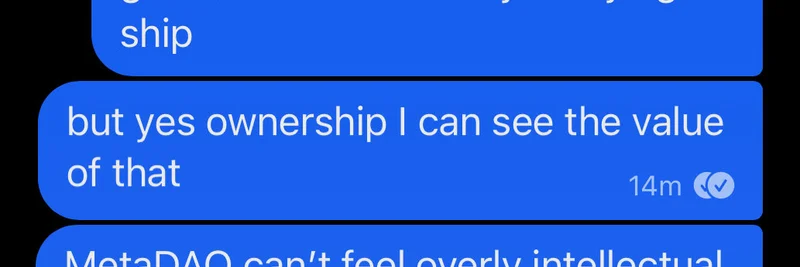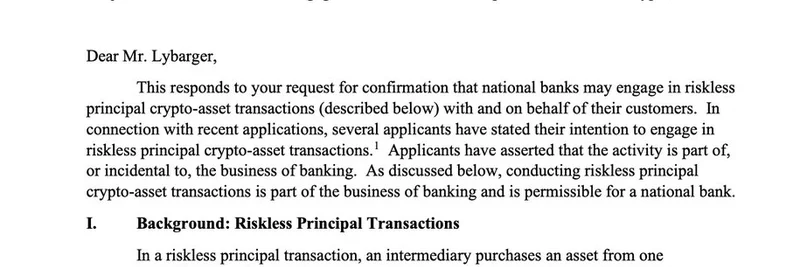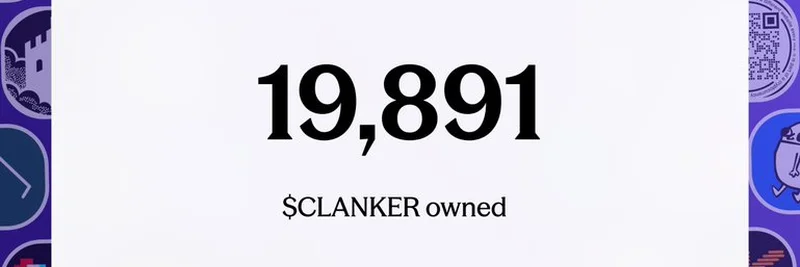In the fast-paced world of blockchain, where meme tokens rise and fall like viral trends, governance often takes a backseat. But a recent conversation sparked by MetaDAO is changing that narrative. Edgar Pavlovsky, a key figure in Solana's ecosystem with ties to projects like Paladin and MTN DAO, shared his thoughts on X about the "Minimum Viable Governance" emerging from MetaDAO discussions. It's a concept that's forcing both founders and holders to rethink what governance really means in decentralized projects.
What Sparked the Conversation?
The thread kicked off with a quote from Proph3t, co-founder of MetaDAO, who posted a screenshot of a candid chat highlighting the tension between shipping products and dealing with governance. The messages capture a common sentiment in crypto: "Who tf wants to think about governance when they're trying to ship?" Yet, it acknowledges the value in ownership and questions if MetaDAO feels like an "overly intellectual experimental circle jerk."
Edgar's response nails why this matters: It pushes founders and holders to consider the core purpose of governance. In well-intentioned projects, governance isn't about endless debates—it's about creating systems that align incentives and protect everyone involved.
Adding to the mix, Connan James, nCMO for MetaDAO and other Solana heavyweights like MonkeDAO and Solana itself, chimed in suggesting Squads Protocol as a tool to deliver this minimal yet effective governance setup.
Breaking Down Minimum Viable Governance
At its heart, Minimum Viable Governance (MVG) is about stripping governance to its essentials. Think of it like a Minimum Viable Product (MVP) but for decision-making in DAOs. Instead of bloated voting systems that slow things down, MVG focuses on mitigating risks like rug pulls while keeping operations lean.
MetaDAO, built on Solana, pioneers this through futarchy—a governance model where prediction markets decide outcomes. Unlike traditional DAOs where token holders vote (often leading to low turnout or capture by whales), futarchy lets markets bet on the success of proposals. If the market predicts a proposal will boost the token's value, it passes. This market-driven approach, as outlined in MetaDAO's docs, has already handled nearly 100 proposals for various organizations.
For meme tokens, which often start as jokes but evolve into serious communities, MVG could be a lifesaver. Many memes suffer from founder rugs or poor decisions because there's no structure. Implementing something like futarchy or tools from Squads could provide just enough governance to prevent disasters without stifling the fun, memetic energy that drives these tokens.
Why Meme Token Communities Should Care
Meme tokens thrive on hype, but sustainability comes from trust. Rug pulls erode that trust, scaring away holders and investors. As seen in discussions around MetaDAO, MVG addresses this by making governance accessible and effective. Founders can ship quickly, while holders get skin in the game through market-based decisions.
Take Solana's meme ecosystem—projects like Bonk or Dogwifhat have massive communities but often lack robust governance. Integrating MVG could help them evolve, perhaps using platforms like MetaDAO to test proposals. It's not about over-intellectualizing; it's about practical tools that align with the "degen" spirit of memes.
Even broader crypto reports, like those from Reflexivity Research, highlight MetaDAO's activity in governance, showing it's not just theory—it's working.
Looking Ahead: Governance in the Meme Era
As blockchain matures, concepts like MVG from MetaDAO could spill over into meme tokens, making them more resilient. Whether through futarchy or simple multisig tools like Squads, the goal is clear: Build systems where founders and holders win together.
If you're diving into meme tokens or DAOs, keep an eye on MetaDAO's experiments. They might just redefine how we govern in the decentralized world. What do you think—could MVG prevent the next big rug? Drop your thoughts in the comments below.




